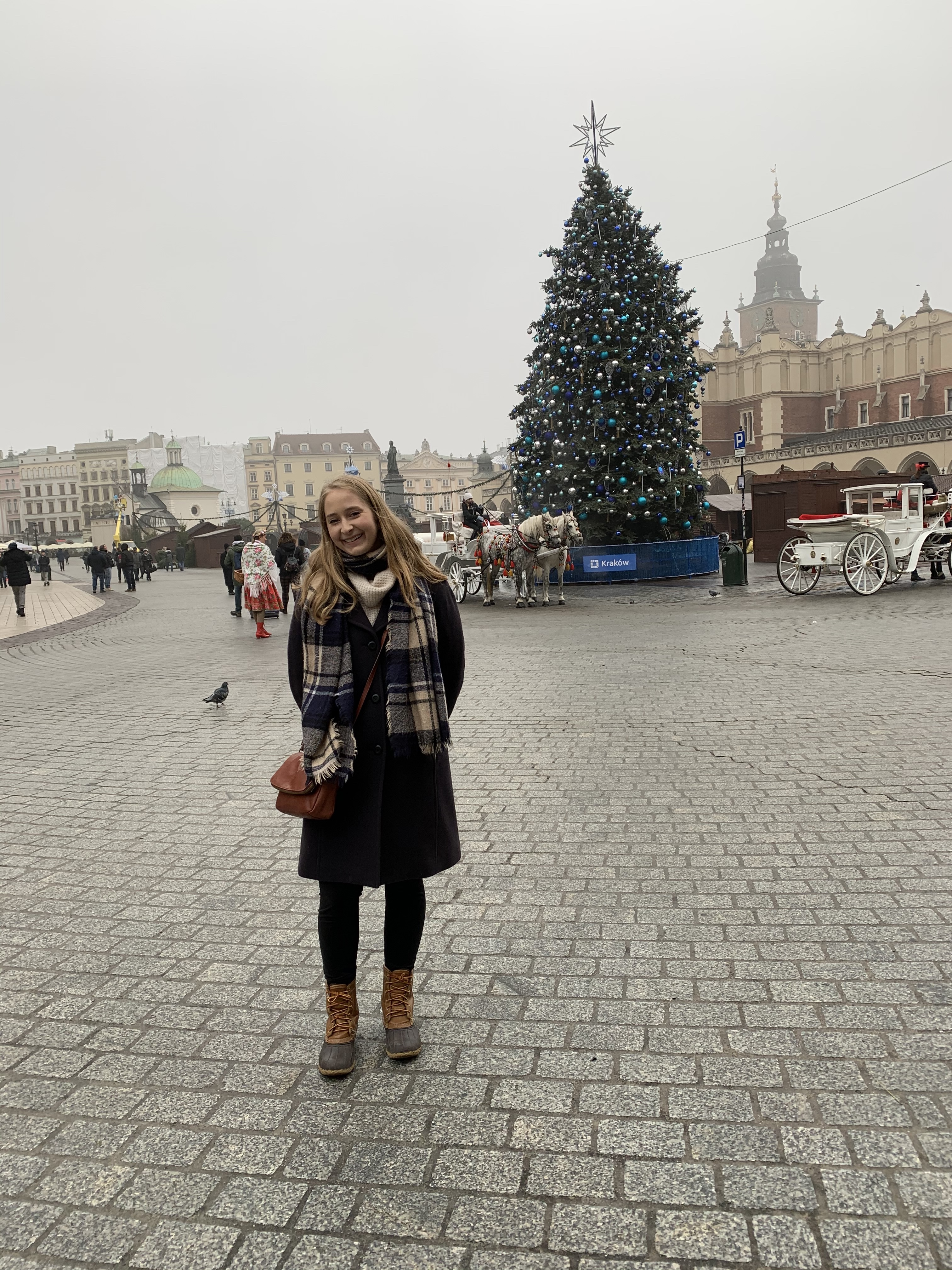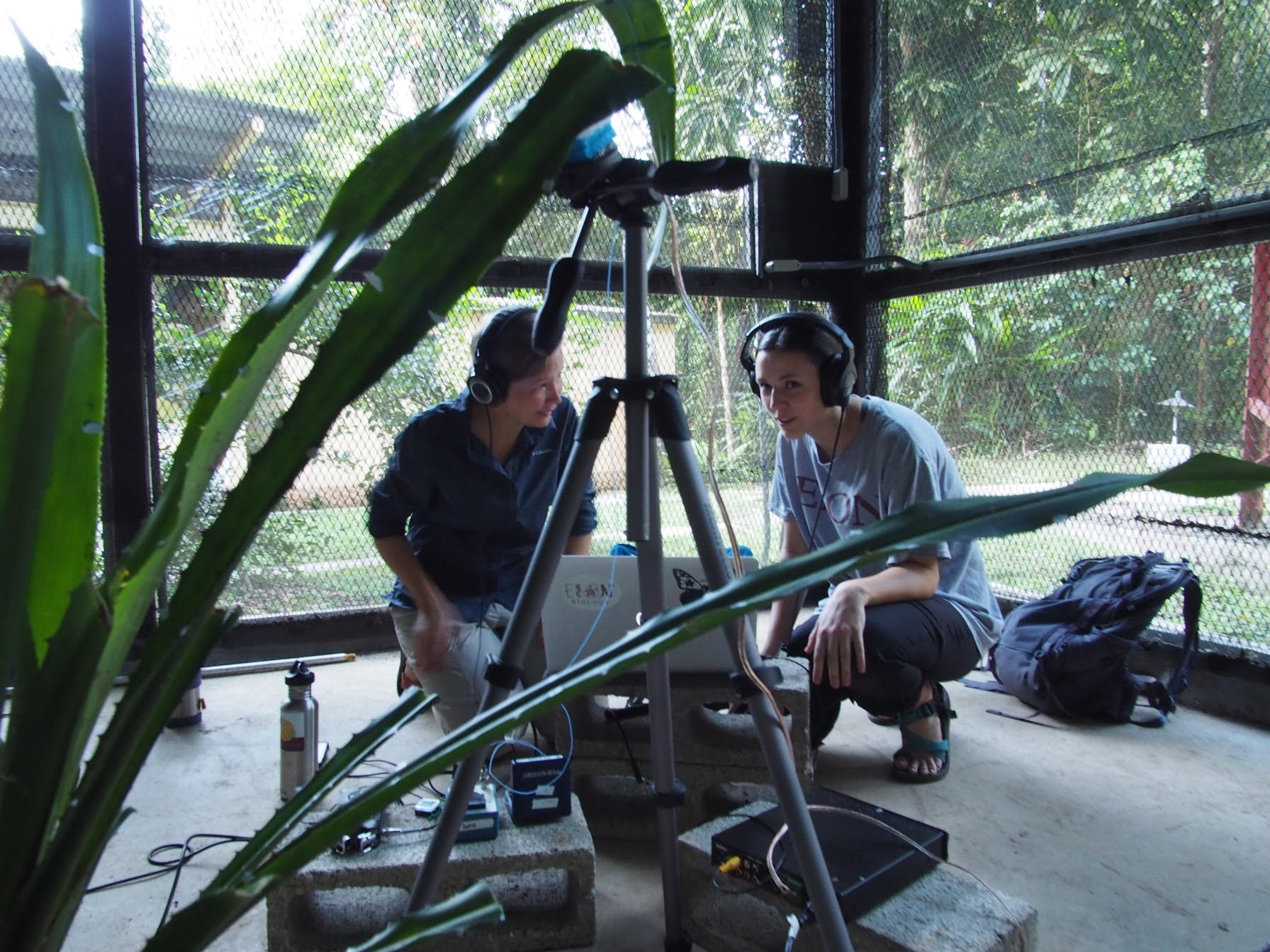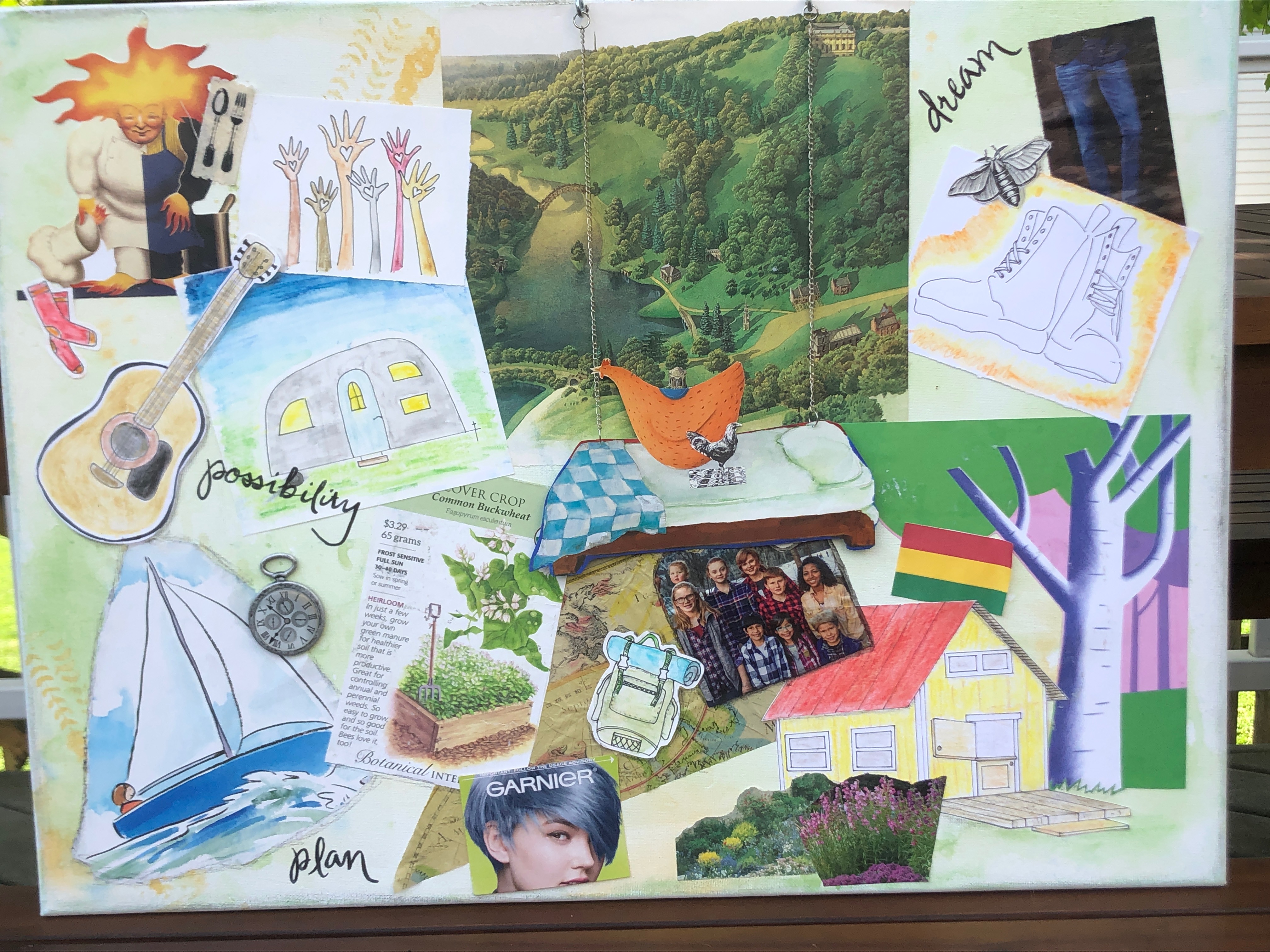2019-2020 Awardees
 Laura Braley ’20| Mother May I: Navigating Mother-Loss in Young Adulthood through the Personal Essay
Laura Braley ’20| Mother May I: Navigating Mother-Loss in Young Adulthood through the Personal Essay
Major: English
Mentor: Dr. Cassie Kircher
Laura’s research as a College Fellow began her journey of building an essay collection about mother-loss in other countries. Her work seeks to answer these questions: Could walking the footsteps of her mother’s family bring her closer to her mother, who passed away when Laura was sixteen? Could connecting with a culture that was struggling to identify itself help her find herself? With her CRGE grant, she traveled to Poland to collect data (which was then analyzed domestically) and produced a publishable, autobiographical grief narrative about her search for rootedness.
John McGinley ’21 | Health and Access to Care in the Montagnard Migrant Community: Examining Perspectives across Three Generations in Greensboro, NC
Major: Public Health Studies
Mentor: Dr. Katherine Johnson
John examined the ways that Vietnamese immigrants from Montagnard perceive and experience health and access to healthcare. He conducted semi-structured interviews to gather data from each of three generations of fifteen families of Montagnard immigrants in Greensboro, NC, using framework analysis techniques to better understand five dimensions of access to care: 1) approachability; 2) acceptability; 3) availability and accommodation; 4) affordability; and 5) appropriateness. He worked closely with Elon faculty Dr. Catherine Bush, who had conducted past research and developed long-standing relationships within the Montagnard community.
Jean Ross ’21 | A Study of the Functions of Multimodal Signaling in Insects
Major: Biology
Mentor: Dr. Jen Hamel
Testing theory-driven hypotheses on animal communication using katydids, which are a common focal species, Jean aimed to answer the following question: do airborne sound and substrate-borne vibrations (two communication modes used by many insect species) carry unique or redundant information? Jean traveled to Panama to collect her study species and perform data analysis on the types of signals emitted by male katydids and the types of female responses to male signals. The results from her research established ground work for further exploration into the functions of vibrational and multimodal communication, a topic that is of broad interest in behavioral ecology.
Lauren Siedlecki ’21 | Using Creative Expression to Build Resilience in Refugee Communities
Major: Human Service Studies
Mentor: Dr. Beth Warner

Lauren’s research took her to Morocco, where she used art and ethnographic research methods to attempt to build resilience, enhance self-efficacy, and develop a meaningful relationship between refugees and their host community. She provided a platform for the public display of refugee art, which was a continuation of the work she did in her human rights internship with la Plateforme des Association et Communates Subsahariennes au Maroc in Rabat, where she implemented an art workshop program for migrants from sub-Saharan African countries. With this project, she analyzed the intersection between art and ethnography in the human services discipline and furthered findings in the use of creative expression and story-telling in building refugee strength and resilience.
Jane Williams ’21 | Climate Change and Migration in Ghana
Major: International and Global Studies, Policy Studies
Mentor: Dr. Sandy Marshall
Jane used a political ecology framework to analyze the social and political factors associated with climate change and migration decisions in Ghana. Her research was centered on the following questions: How were people in Ghana adapting to climate change? How did environmental migrants in Ghana tell their stories? As livelihoods and relationships with the environment changed due to climatic changes, how did societal and political identities and contexts change as well for Ghanaians? She conducted interviews and participant observation in conjunction with quantitative analysis using data from spatial tools, then for her culminating project, created an illustrative spatial map of the stories she collected in Ghana.